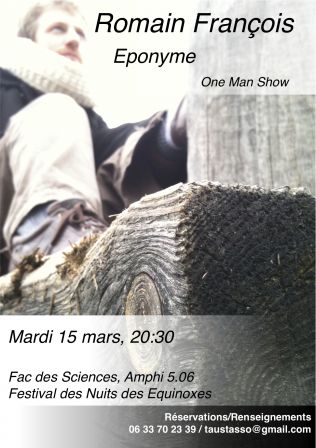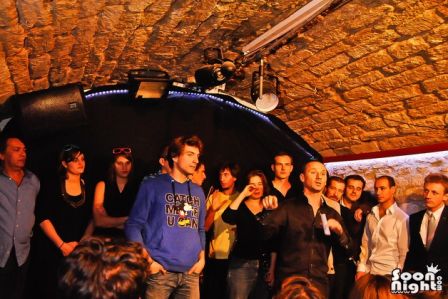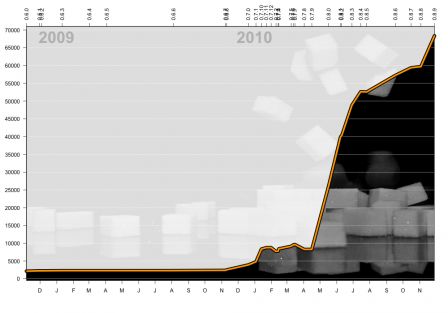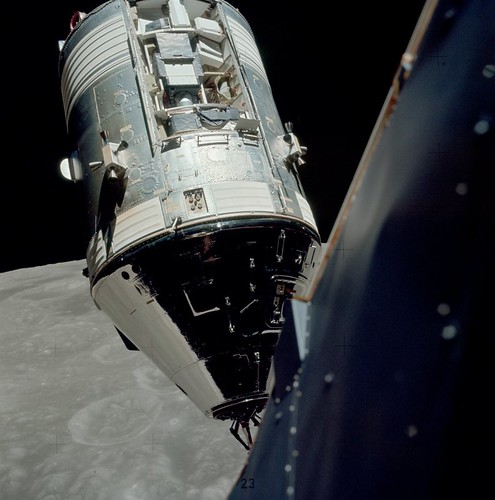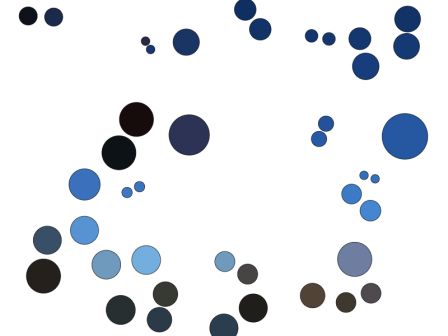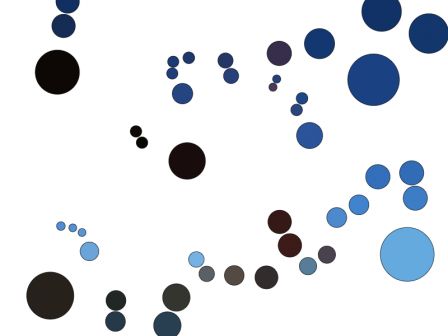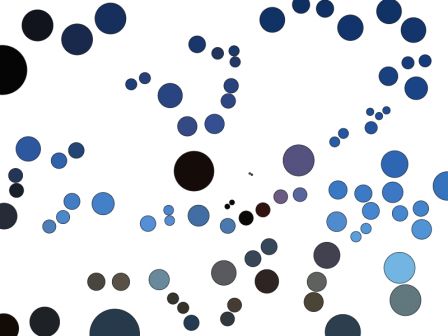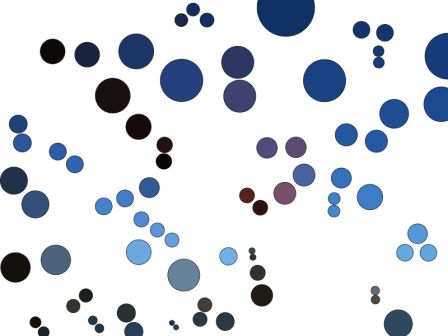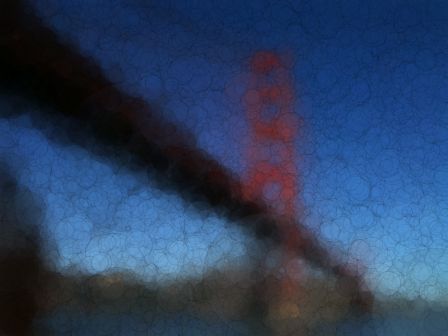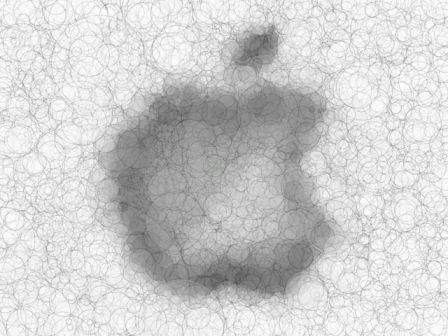Overview
This year's R/Finance conference will be preceded by a full-day masterclass on Rcpp and related topics which will be held on Thursday, April 28, 2011, the Univ. of Illinois at Chicago campus.
Join Dirk Eddelbuettel and Romain Francois for six hours of detailed and hands-on instructions and discussions around Rcpp, inline, RInside, RcppArmadillo and other packages---in intimate small-group setting.
The full-day format allows to combine a morning introductory session with a more advanced afternoon session while leaving room for sufficient breaks. There will be about six hours of instructions, a one-hour lunch break and two half-hour coffee breaks.
Morning session: "A hands-on introduction to R and C++"
The morning session will provide a practical introduction to the Rcpp package (and other related packages). The focus will be on simple and straightforward applications of Rcpp in order to extend R and/or to significantly accelerate the execution of simple functions.
The tutorial will cover the inline package which permits embedding of self-contained C, C++ or Fortran code in R scripts. We will also discuss RInside to embed R code in C++ applications, as well as standard Rcpp extension packages such as RcppArmadillo for linear algebra and RcppGSL.
Afternoon session: "Advanced R and C++ topics"
This afternoon tutorial will provide a hands-on introduction to more advanced Rcpp features. It will cover topics such as writing packages that use Rcpp, how 'Rcpp modules' and the new R ReferenceClasses interact, and how 'Rcpp sugar' lets us write C++ code that is often as expressive as R code. Another possible topic, time permitting, may be writing glue code to extend Rcpp to other C++ projects.
We also hope to leave some time to discuss problems brought by the class participants.
Prerequisites
Knowledge of R as well as general programming knowledge; C or C++ knowledge is helpful but not required.
Users should bring a laptop set up so that R packages can be built. That means on Windows, Rtools needs to be present and working, and on OS X the Xcode package should be installed.
Registration
Registration is available via the R/Finance conference at
http://www.RinFinance.com/register/or directly at RegOnline
http://www.regonline.com/930153The cost is USD 500 for the whole day, and space will be limited.
Questions
Please contact us directly at RomainAndDirk@r-enthusiasts.com
